As a student at The Seattle School, there are a few things that are fundamental, such as reading thought-provoking books and studying at the intersection of theology and trauma. These intersections are where we encounter new ideas, challenge assumptions, and join in meaningful conversations. They invite us to pause and think deeply, whether they be at the corner of theology and psychology, or theology and trauma. We hope you are able to take time to explore some of these reads and join us as we continue to explore and ask questions at the intersection of theology and trauma.
Spirit and Trauma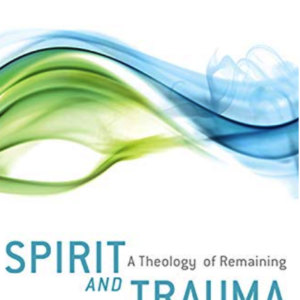
by Shelly Rambo
“In Spirit and Trauma, Rambo draws on contemporary studies in trauma to rethink a central claim of the Christian faith: that new life arises from death. Reexamining the narrative of the death and resurrection of Jesus from the middle day-liturgically named as Holy Saturday-she seeks a theology that addresses the experience of living in the aftermath of trauma.”
Anatomy of the Soul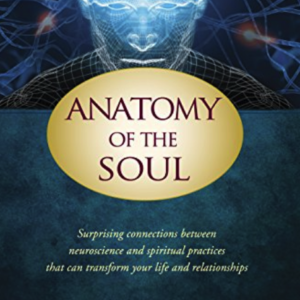
Surprising Connections between Neuroscience and Spiritual Practices That Can Transform Your Life and Relationships
by Curt Thompson, MD
“Dr. Thompson reveals how it is possible to rewire your mind, altering your brain patterns and literally making you more like the person God intended you to be. Explaining discoveries about the brain in layman’s terms, he shows how you can be mentally transformed through spiritual practices, interaction with Scripture, and connections with other people.”
Arthur’s Call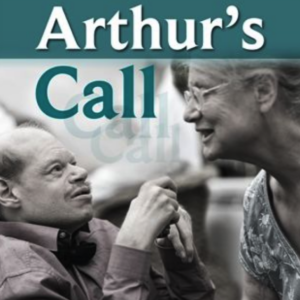
A Journey Of Faith In The Face Of Severe Learning Disability
By Frances Young
Theologian Frances Young writes a personal narrative about her son’s learning disability and “hope and help for all who struggle with faith in the face of unremitting suffering.” Though not distinctly about trauma, Young asks difficult questions about life, God, and how we are to respond in the midst of difficult circumstances.
My Grandmother’s Hands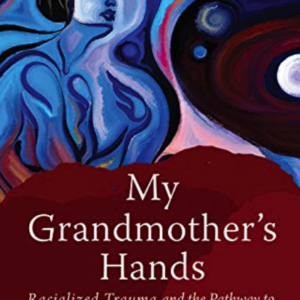
By Resmaa Menakem
“In this groundbreaking work, therapist Resmaa Menakem examines the damage caused by racism in America from the perspective of body-centered psychology. He argues this destruction will continue until Americans learn to heal the generational anguish of white supremacy, which is deeply embedded in all our bodies. Our collective agony doesn’t just affect African Americans. White Americans suffer their own secondary trauma as well. So do blue Americans—our police. My Grandmother’s Hands is a call to action for all of us to recognize that racism is not about the head, but about the body, and introduces an alternative view of what we can do to grow beyond our entrenched racialized divide.”
A General Theory of Love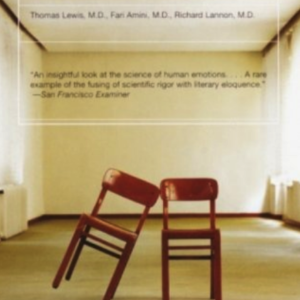
by Thomas Lewis (et. al)
“A General Theory of Love demonstrates that our nervous systems are not self-contained: from earliest childhood, our brains actually link with those of the people close to us, in a silent rhythm that alters the very structure of our brains, establishes life-long emotional patterns, and makes us, in large part, who we are.”
Resurrecting Wounds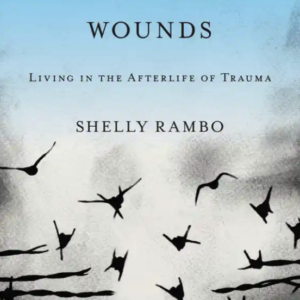
Living in the Afterlife of Trauma
By Shelly Rambo
“Shelly Rambo rereads the Thomas story and the history of its interpretation through the lens of trauma studies to reflect on the ways that the wounds of race, gender, and war persist. Wounds do not simply go away, even though a close reading of John Calvin reveals his theological investments in removing wounds. This erasure reflects a dominant mode of Christian thinking, but it is not the only Christian reading.[…] Again, the visceral display of Jesus’ wounds, when placed at the center of Thomas’ encounter in the Upper Room, enacts a vision of resurrecting that addresses the real harm of the real wounds of war.”
The Night Trilogy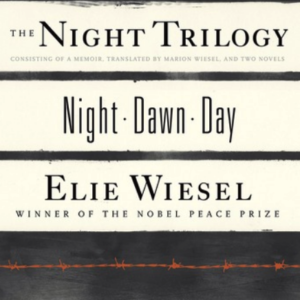
By Elie Wiesel
“First published in 1958, Night is the autobiographical account of an adolescent boy and his father in Auschwitz. Elie Wiesel writes of their battle for survival and of his battle with God for a way to understand the wanton cruelty he witnesses each day. In the short novel Dawn, a young man who has survived World War II and settled in Palestine joins a Jewish underground movement and is commanded to execute a British officer who has been taken hostage. In Day, Wiesel questions the limits of conscience: Can Holocaust survivors forge a new life despite their memories?”
Trauma and Grace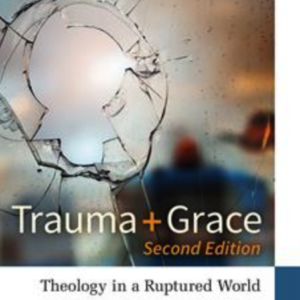
Theology in a Ruptured World
By Serene Jones
“Central to its overall theme is an investigation of how individual and collective violence affect one’s capacity to remember, to act, and to love; how violence can challenge theological understandings of grace; and even how the traumatic experience of Jesus’ death is remembered. Jones focuses on the long-term effects of collective violence on abuse survivors, war veterans, and marginalized populations and the discrete ways in which grace and redemption may be exhibited in each context.”
Holy Resilience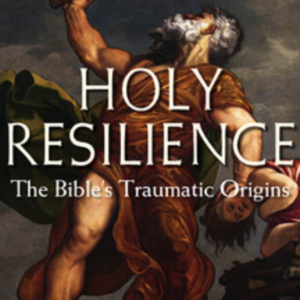
The Bible’s Traumatic Origins
By David Carr
“Human trauma gave birth to the Bible . . . the Bible’s ability to speak to suffering is a major reason why the sacred texts of Judaism and Christianity have retained their relevance for thousands of years. In his fascinating and provocative reinterpretation of the Bible’s origins, the author tells the story of how the Jewish people and Christian community had to adapt to survive multiple catastrophes and how their holy scriptures both reflected and reinforced each religion’s resilient nature.”


